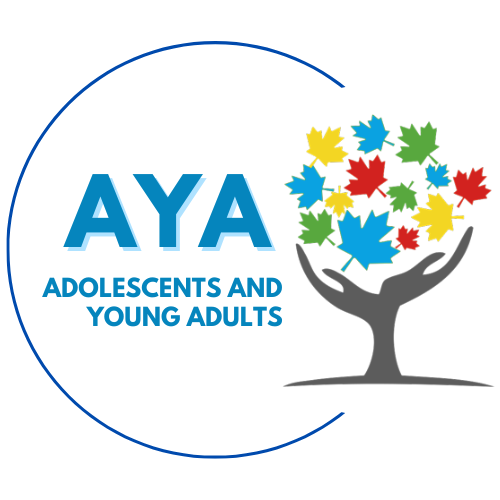Go to Health Care Provider version
| Diagnosis | High-Grade Glioma (HGG) without H3 K27M mutation | Study Status | Open |
| Phase | I/II |
| Age | 12 Months to 21 Years | Randomisation | NO |
| Line of treatment | First line treatment |
| Routes of Treatment Administration | Drug: Selinexor (oral)
Radiation: Radiation therapy |
| Last Posted Update | 2025-08-27 |
| ClinicalTrials.gov # | NCT05099003 |
International Sponsor
National Cancer Institute (NCI)Principal Investigators for Canadian Sites
The Hospital for Sick Children - Dr. Julie Bennett
BC Children's Hospital - Dr. Rebecca Deyell
CancerCare Manitoba - Dr. Ashley Chopek
CHU Quebec - Dr. Bruno Michon
CHU Ste Justine - Dr. Monia Marzouki
IWK - Dr. Craig Erker
Stollery Children's Hospital - Dr. Sarah McKillopCentres
Medical contact
Rebecca Deyell
Social worker/patient navigator contact
Ilana Katz
Clinical research contact
Hem/Onc/BMT Clinical Trials Unit
Medical contact
Dr. Magimairajan Vanan
Social worker/patient navigator contact
Rhéanne Bisson
Clinical research contact
Rebekah Hiebert
Megan Ridler
Kathy Hjalmarsson
Medical contact
Raoul Santiago
Social worker/patient navigator contact
Isabelle Audet
Clinical research contact
Barbara Desbiens
Medical contact
Dr. Craig Erker
Dr. Conrad Fernandez
Dr. Ketan Kulkarni
Social worker/patient navigator contact
Rhonda Brophy
Clinical research contact
Tina Bocking
Medical contact
Dr. Sarah McKillop
Dr. Sunil Desai
Social worker/patient navigator contact
Danielle Sikora
Michelle Woytiuk
Jaime Hobbs
Clinical research contact
Amanda Perreault
Medical contact
Dr. Henrique Bittencourt
Dr. Monia Marzouki
Dr. Sebastien Perreault (neuro-onc)
Social worker/patient navigator contact
Marie-Claude Charrette
Clinical research contact
Marie Saint-Jacques
Study Description

This clinical trial is testing a new treatment for children and young adults with aggressive brain tumors, including DIPG and high grade glioma with a specific genetic change (H3 K27M mutation). The treatment combines standard radiation therapy with a new medicine called selinexor, which may help stop cancer cells from growing and shrink tumors. Patients receive radiation for 5-7 weeks and take selinexor pills weekly during and after radiation for up to two years. The study will first find the safest dose of selinexor and then test how well it works. MRIs and follow-up visits help monitor progress. Researchers hope this treatment will improve outcomes for these difficult-to-treat brain tumors.
NOTE: Enrollment for DIPG and DMG has been discontinued. This study is only opened for patients with HGG without a H3 K27M mutation.
Inclusion Criteria
Pre-Enrollment
- Age: Patients must be 25 years old or younger.
- Diagnosis: Must have a newly diagnosed high-grade glioma (HGG) that hasn’t spread.
- Consent: A parent or guardian, or the patient, must sign a consent form.
- Samples (non-DIPG tumours): Tumour samples from surgery or biopsy need to be submitted soon after the procedure (ideally within 5 days).
Main Enrollment
- Age: Patients must be between 1 and 21 years old.
- Diagnosis:
- DIPG: Must meet specific imaging or biopsy criteria. CLOSED
- HGG: Must be newly diagnosed, without certain genetic mutations. OPEN
- Patients need to be in good overall health with normal lab results and no severe symptoms.
- Enrollment must happen within 31 days of diagnosis or surgery.
- A signed consent form is required.
Other inclusion and exclusion criteria may apply and will be discussed with you by the study team.